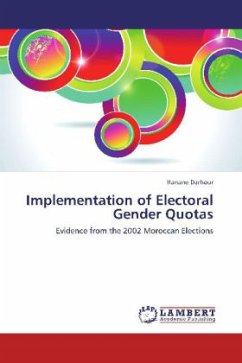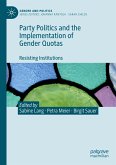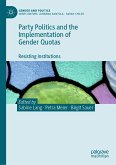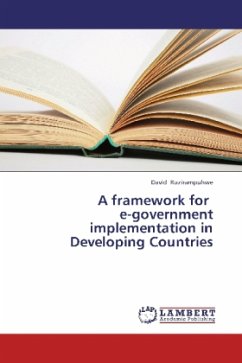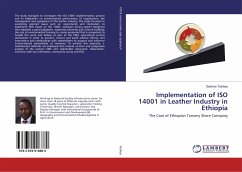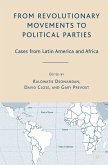It is assumed worldwide that expanding women s representation in the parliament through a quota system represents one of the strategies leading to women s empowerment. Engaging the attitudes of male and female MPs in Morocco, I strive in this book to understand how being a woman affects women s access to legislative bodies, and also their capacity to act and make decisions. Using a qualitative methodology, based on in-depth interviews conducted in the Moroccan parliament, I argue that gender norms and expectations provide structural and political constraints for women s presence and participation and prove to be impossible to overcome through the sole use of a gender quota. Gender quotas can lead to women s presence but not necessarily to their empowerment. The analysis should help shed light on the implications of the implementation of electoral gender quotas in Morocco on women's empowerment, and should be especially useful to students and researchers in gender and politics.
Bitte wählen Sie Ihr Anliegen aus.
Rechnungen
Retourenschein anfordern
Bestellstatus
Storno

